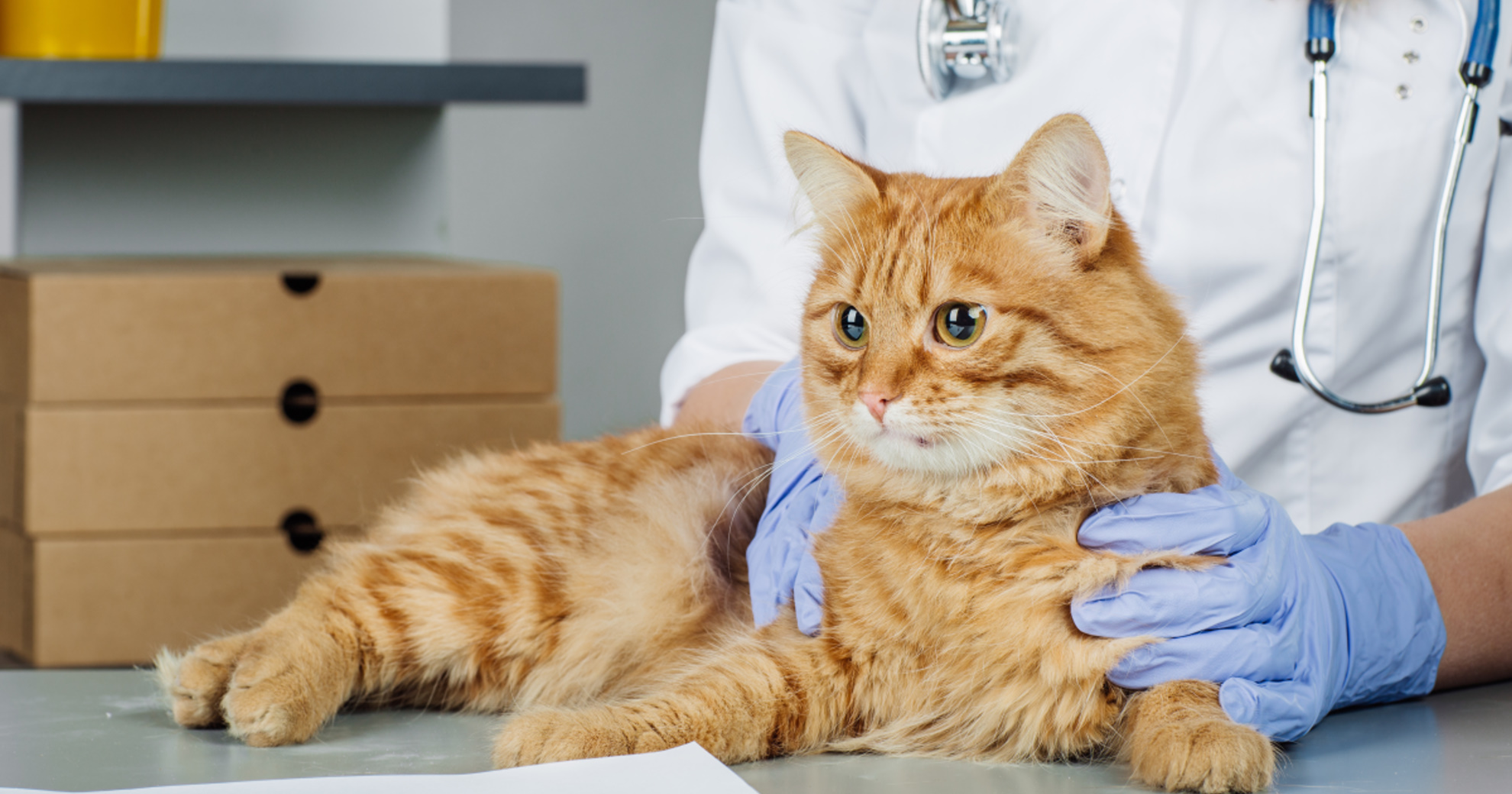HEALTH & WELLNESS

VOTING BOOTH

TRENDING

LIONS FOUNDATION OF CANADA DOG GUIDES
Lions Foundation of Canada Dog Guides and its founding program, Canine Vision Canada, was established in 1983. It’s the largest school of its kind in Canada with its training school in Oakville and breeding facility in Breslau.
Diabetes in Cats: Symptoms

More and more cats are developing diabetes mellitus (DM). Cat owners need to act on this alarming fact by learning more about this chronic disease.
What is Diabetes in Cats?
Diabetes is an endocrine disorder. The endocrine system features glands that produce and discharge hormones which regulate many bodily functions.
Insulin is one of these hormones. Like the human body, a cat’s body needs insulin to properly regulate blood sugar levels. If there is not enough insulin produced by the cat, or if the insulin does not function properly, this leads to abnormal blood sugar levels.
Diabetes can lead to high blood sugar (hyperglycemia) which can cause various health problems if left untreated.
Types of Diabetes in Cats
There are two types of diabetes mellitus in cats.
Type 1: Very rare in cats (but common in dogs). Essentially a decrease in the production of insulin leads to high glucose concentrations.
Type 2: The most common form of diabetes in cats. Essentially the body is unable to respond to insulin correctly, resulting in high glucose levels.
Quick FAQs and Answers About Diabetes in Cats
Is one sex more at risk?
Yes, male cats tend to be more prone to this condition.
Risk factors for diabetes in cats?
Age, obesity and physical inactivity.
Are certain breeds predisposed to it?
Yes, Burmese cats.
Is diabetes in cats common?
Cases are increasing and is thought to be linked with increasing levels of obesity.
Symptoms of Diabetes Mellitus in Cats
- Weight loss
- Increased thirst
- Increased appetite
- Increased urination
Other Possible Symptoms:
- Vomiting
- Poor hair coat
- Weakness
- Enlarged liver
- Bladder infections
- Collapse
Keep in mind that some or a combination of these symptoms can also be signs of other conditions and diseases. Either way, it’s important to bring them to your veterinarian’s attention.
The main treatment of DM is insulin. Your veterinary team will teach you how to inject the insulin; with time and experience, both you and your cat will adapt to these injections very well. While there is no cure for feline DM, this disease can be managed fairly well when you work with your veterinary healthcare team. Cats with well-controlled diabetes can live many years of high-quality life.
![]() Take action, and book an appointment now! Consult your veterinarian to discuss any concerns and ensure your cat receives the care they need. Find a veterinarian near you.
Take action, and book an appointment now! Consult your veterinarian to discuss any concerns and ensure your cat receives the care they need. Find a veterinarian near you.
Related Articles








